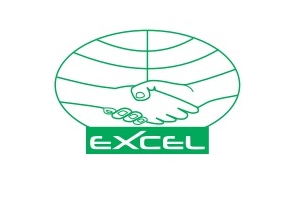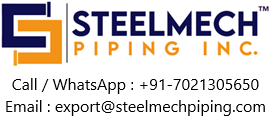Get A Quote
Get A Quote
+91

Home

Account

Get A Quote

About Us
Products
Materials
Contact Us
Connect with us
Get A Quote

Home

Account

Get A Quote

Inconel 600 seamless pipe bend pipe fittings is a solid solution strengthened nickel-chromium alloy with superior corrosion resistance, better mechanical properties and excellent oxidation resistance in high and low temperatures. As a speciality pipe-bending alloy, it is composed of 72% nickel, 16-18% chromium, 2-3% carbon, 6-8% iron, 0.5% manganese, 1-1.5% silicon and up to 1% molybdenum. This combination gives it superior chemical and mechanical properties, such as tensile strength at roughly 120KSI at room temperature to about 454KSI after exposure to 1050 C for two hours and a stress rupture limit of only 96KSI at a temperature of 843C. These qualities make it the perfect choice for varied uses, such as heat exchangers in process piping systems transporting sulphuric acid or phosphonic acids and through cryogenic tanks filled with liquefied gases like helium or nitrogen.
600 Inconel seamless pipe bend pipe fittings are becoming increasingly popular in various industries due to their remarkable mechanical properties. They offer superior resistance to strong acids and oxidation, making them ideal for high-pressure piping applications. Additionally, these pipe fittings are solid and ductile, with excellent fatigue strength in corrosive and non-corrosive environments. Not only that, but they also boast excellent resistance to carburisation and dry gas environments, making them well-suited for furnaces and heat exchangers. These properties make Inconel 600 seamless pipe bend pipe fittings an exceptional choice for various industrial applications.
Inconel 600 seamless pipe bend pipe fittings is a solid solution strengthened nickel-chromium alloy with superior corrosion resistance, better mechanical properties and excellent oxidation resistance in high and low temperatures. As a speciality pipe-bending alloy, it is composed of 72% nickel, 16-18% chromium, 2-3% carbon, 6-8% iron, 0.5% manganese, 1-1.5% silicon and up to 1% molybdenum. This combination gives it superior chemical and mechanical properties, such as tensile strength at roughly 120KSI at room temperature to about 454KSI after exposure to 1050 C for two hours and a stress rupture limit of only 96KSI at a temperature of 843C. These qualities make it the perfect choice for varied uses, such as heat exchangers in process piping systems transporting sulphuric acid or phosphonic acids and through cryogenic tanks filled with liquefied gases like helium or nitrogen.
600 Inconel seamless pipe bend pipe fittings are becoming increasingly popular in various industries due to their remarkable mechanical properties. They offer superior resistance to strong acids and oxidation, making them ideal for high-pressure piping applications. Additionally, these pipe fittings are solid and ductile, with excellent fatigue strength in corrosive and non-corrosive environments. Not only that, but they also boast excellent resistance to carburisation and dry gas environments, making them well-suited for furnaces and heat exchangers. These properties make Inconel 600 seamless pipe bend pipe fittings an exceptional choice for various industrial applications.

































-1688635827661.webp)




No more suppliers available.
Website Banner